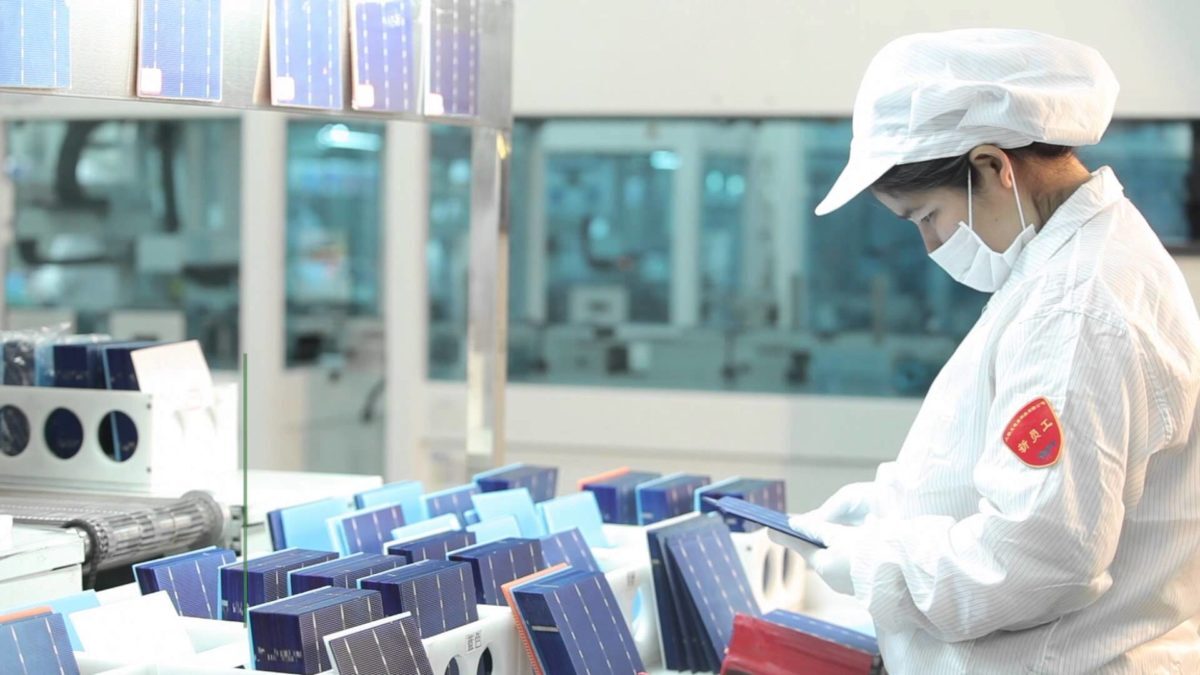Australia's Li-S Energy said it has manufactured full-size 10 Ah semi-solid-state cells that deliver an energy density of 498 Wh/kg on first discharge and 456 Wh/kg after formation cycling, with the cells continuing to cycle in ongoing testing.
The Brisbane-based company said the cells delivering this performance incorporate its third-generation, semi-solid-state lithium-sulfur battery cell chemistry, which was first announced in April 2023. It claimed then that its GEN3 Li-S battery cell tech significantly has more than twice the gravimetric energy density and improved volumetric energy density compared to lithium-ion cells.
Li-S Energy Chief Technical Officer Steve Rowlands said the latest results improve substantially on those initial findings and represent an important breakthrough for lithium-sulfur cell chemistry and position the company at the global forefront of lithium-sulfur performance.
“Many R&D institutions and battery start-ups test performance on coin cells or very small pouch cells and publish energy density results from the cell’s first discharge, which is always significantly higher than its practical performance in the field,” he said. “At Li-S we have taken a far more pragmatic and commercial approach, testing full-size 10 Ah and 20 Ah pouch cells produced on our automated production line and reporting performance after formation cycling, which more faithfully represents the true cell performance when delivered to a customer.”
Li-S Energy said the increased energy density of almost 500 Wh/kg of its battery technology brings the company even closer to commercializing its tech as it targets the “rapidly growing” markets of drones, defense and electric aviation where weight is critical.
The company is already working with Queensland-based drone developer V-TOL Aerospace and New South Wales solar cell maker Halocell Energy to develop drones using its lithium-sulfur batteries.
Li-S Energy CEO Lee Finniear said the higher energy density means an even lighter battery, further improving potential range, payload and operating time for partner products.
“This is a significant breakthrough for the nascent lithium-sulfur battery industry,” he said. “Our partners in the aerospace, drone and defense industries have been clear that they need the highest possible energy density for their applications, plus reliable, high-quality cell production and a pathway to scale as demand grows.”
Finniear said Li-S Energy would now look to enhance cell reliability, production accuracy and throughput at its 2 MWh production facility in Victoria, while also working with current partners on battery management system and battery pack design. He said he expects to sign up more partners in the coming months, with the latest cell performance results expected to generate substantial global interest and opportunity.
This content is protected by copyright and may not be reused. If you want to cooperate with us and would like to reuse some of our content, please contact: editors@pv-magazine.com.




By submitting this form you agree to pv magazine using your data for the purposes of publishing your comment.
Your personal data will only be disclosed or otherwise transmitted to third parties for the purposes of spam filtering or if this is necessary for technical maintenance of the website. Any other transfer to third parties will not take place unless this is justified on the basis of applicable data protection regulations or if pv magazine is legally obliged to do so.
You may revoke this consent at any time with effect for the future, in which case your personal data will be deleted immediately. Otherwise, your data will be deleted if pv magazine has processed your request or the purpose of data storage is fulfilled.
Further information on data privacy can be found in our Data Protection Policy.